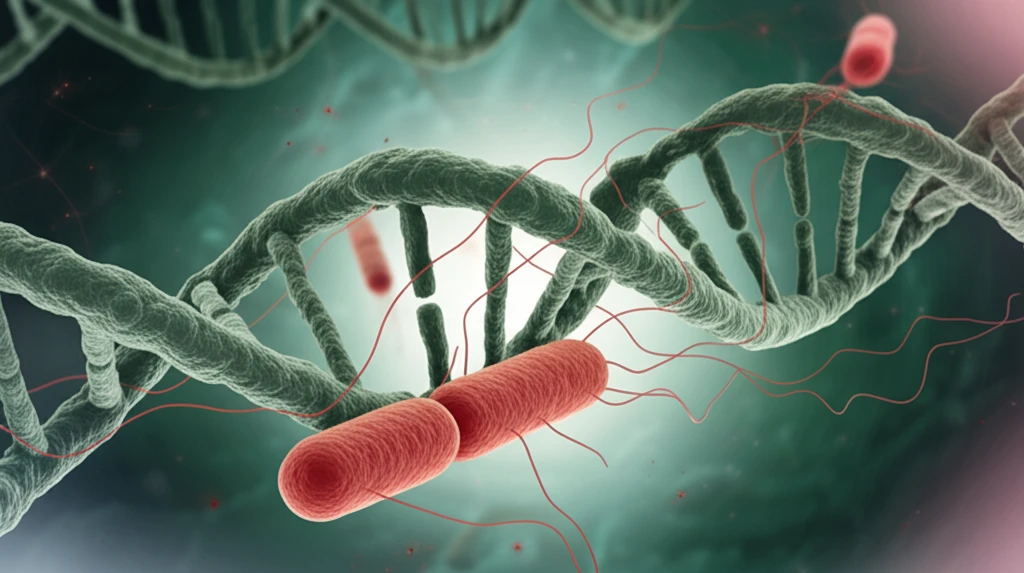
Decoding the Gut: Is H. pylori the Real Culprit Behind Gastric Cancer?
"Exploring the link between cytotoxin-producing H. pylori and gastric carcinoma: A deeper dive into the bacteria's role and what it means for your health."
Stomach cancer remains a significant global health challenge, recognized for millennia. Despite advancements in understanding and treatment, it stubbornly holds its place as a leading cause of cancer-related deaths worldwide. This reality underscores the pressing need for continued research and heightened awareness.
The rediscovery of Helicobacter pylori (H. pylori) marked a turning point in our understanding of gastric cancer. In the late 1970s, Warren's keen observations led to the eventual isolation and culture of the organism by Marshall and Warren in 1982. Their groundbreaking work established the link between H. pylori, gastritis, and peptic ulcer disease, forever changing the landscape of gastroenterology. This discovery challenged conventional wisdom and paved the way for new diagnostic and therapeutic approaches.
Subsequent investigations revealed that chronic gastric colonization with H. pylori can trigger a spectrum of upper gastrointestinal disorders. These include chronic gastritis, peptic ulcer disease, gastric mucosa-associated lymphoid tissue lymphoma (MALT lymphoma), and gastric cancer. The pivotal work of Robin Warren and Barry Marshall earned them the Nobel Prize in Physiology or Medicine in 2005, solidifying the importance of their findings in the annals of medical history. Their work emphasized the bacterium Helicobacter pylori and its role in gastritis and peptic ulcer disease.
The CagA Conundrum: Unpacking the Cytotoxin-Associated Gene

While the connection between H. pylori and gastric cancer is well-established, the precise mechanisms remain a subject of intense research. Scientists have long investigated whether certain strains of H. pylori pose a greater risk than others. One area of focus has been the cytotoxin-associated gene A (CagA). The CagA gene is present in approximately 60% of H. pylori isolates and encodes a high molecular weight protein (CagA) of variable size. The protein varies between 120,000 to 140,000 MW (molecular weight).
- Increased Inflammation: CagA+ strains lead to higher levels of gastric inflammation.
- Epithelial Damage: Infection results in more damage to the stomach lining.
- Cytokine Expression: Enhanced expression of pro-inflammatory cytokines.
- Cancer Risk: May increase the risk of gastric cancer development.
The Path Forward: Further Research and Personalized Prevention
In conclusion, while H. pylori and CagA positivity are undoubtedly important factors in gastric cancer development, they are not the sole determinants. The role of CagA positivity and H. Pylori may merely act as an initiator to more progressive disease. The etiology of gastric cancer is complex and multifactorial, involving environmental factors, host genetics, and epigenetic alterations. Future research should focus on elucidating the interplay between these factors and identifying novel biomarkers for risk stratification and personalized prevention strategies. The authors are open to the concept that future research could disprove their conclusion.
